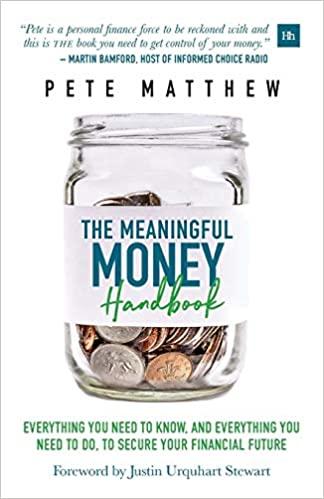Question
1. Steve is the sole proprietor of a small firm with a net worth of $300,000. He makes his 12-year-old daughter, Lara, a one-third partner.
| 1. Steve is the sole proprietor of a small firm with a net worth of $300,000. He makes his 12-year-old daughter, Lara, a one-third partner. Has a gift been made in this transaction? Has a gift been made to Lara if she is an adult and performs bookkeeping services for the firm without a salary? a) A gift has been made because Lara is performing no services for the partnership and has contributed no capital to its formation. A gift is also likely to exist in the second case because the bookkeeping services would have a value of less than $100,000. b) A gift has been made because Lara is performing no services for the partnership and has contributed no capital to its formation. A gift has not been made in the second case because the bookkeeping services are highly valuable. c) A gift has been made because Lara is performing no services for the partnership and has contributed no capital to its formation. A gift has not been made because under the thirteenth Amendment to the United States Constitution indenture servitude as well as slavery was abolished. d) All of the above |
| 2 . Which of the following statement(s) describe the nature of the gift tax and its objective? a) The gift tax was created to capture taxes that taxpayers avoided by making gifts just prior to their deaths. b) The gift tax is a social tax designed to decrease the wealth of the rich and redistribute to the poor. c) The gift tax is an excise tax levied on an individuals right to transfer property to another for less than full consideration. Its purpose was to equalize the transfer tax treatment between taxpayers who make lifetime gifts and those who transfer their assets at death. d) All of the above |
| 3. Larry and Louise Longfellow are considering giving $15,000 to each of their three children this year The following statement(s) answer: Whether Louise can make the entire gift from her own funds and still split the gift with Larry. .How much each spouse is deemed to be giving after the split Whether the consent for the split gift can be made after Larrys death. a) Louise can make the entire gift herself and split the gift with Larry if he consents to gift splitting, whereby each spouse is deemed to have given less than $14,001 per child. The consent for the split gift cannot be made after Larrys death. b) Louise must give at least $3,000 to Larry for each of their three children before he dies whereupon he can make a gift with his wife Louise to each of their children. c) Louise can make the entire gift herself and split the gift with Larry if he consents to gift splitting, whereby each spouse is deemed to have given $7,500. The consent for the split gift can be made after Larrys death. d) All of the above |
| 4. The following statement(s) are accurate regarding a Sec. 2503 (c) trust and the issues listed below: Distribution of income Discretion of trustee in accumulating income Time by which trust principal is required to be distributed Payment of trust assets if minor dies a) The Sec. 2503 (c) trust does require income to be distributed currently. The trustee is given broad discretion regarding accumulating income. The principal must be distributed when the donee reaches age 21 (or later if the donor so stipulates). In the event of the death of the minor, the trust, income and principal go to the beneficiarys estate or appointees. b) The Sec. 2503 (c) trust does not require income to be distributed currently. The trustee is given broad discretion regarding accumulating income. The principal must be distributed when the donee reaches age 21 (or later if the donor so stipulates). In the event of the death of the minor, the trust, income and principal go to the beneficiarys estate or appointees. c) The Sec. 2503 (c) trust does require income to be distributed currently. The trustee is given broad discretion regarding accumulating income. The principal must be distributed when the donee reaches age 18. In the event of the death of the minor, the trust, income and principal go to the beneficiarys estate or appointees. d) All of the above |
Step by Step Solution
There are 3 Steps involved in it
Step: 1

Get Instant Access to Expert-Tailored Solutions
See step-by-step solutions with expert insights and AI powered tools for academic success
Step: 2

Step: 3

Ace Your Homework with AI
Get the answers you need in no time with our AI-driven, step-by-step assistance
Get Started


